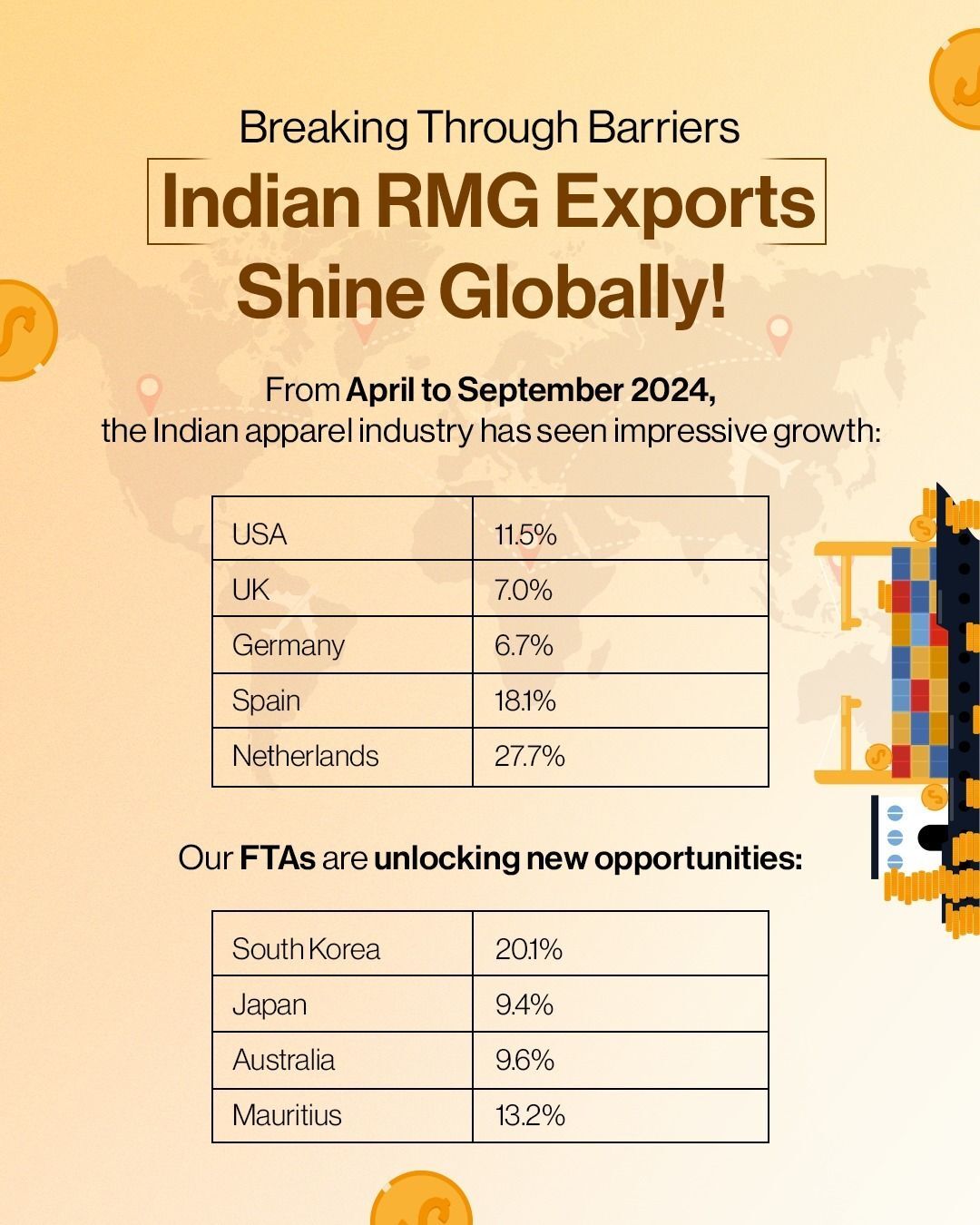
The Chinese Ministry of Commerce announced an investigation into US apparel giant PVH Corp. over alleged discriminatory measures against Xinjiang-related products, particularly the boycotting of cotton sourced from the region. The move signals a potential escalation in trade tensions between the two nations and could have a significant impact on PVH's operations in China.
The Xinjiang region in northwestern China is a major cotton producer, accounting for around 20 per cent of the global supply. However, allegations of forced labor and human rights abuses have led several Western companies, including PVH, to pledge avoiding sourcing cotton from Xinjiang. China has vehemently denied these accusations and has responded with retaliatory measures against companies deemed to be boycotting Xinjiang products.
Impact on PVH’s China business
PVH Corp., the parent company of brands such as Calvin Klein and Tommy Hilfiger, has a significant presence in China. As per the company's 2022 annual report, China accounted for around 7 per cent of its total revenue, making it one of its key markets. In 2022, PVH's revenue in China was estimated to be around $630 million. The company operates numerous stores across China and also sells its products through various online platforms.
If the investigation finds PVH Corp. guilty of discriminatory practices, the company could face severe repercussions in China. This could include fines, restrictions on its operations, or even a complete ban on its products. Such actions could significantly impact PVH Corp.'s revenue and profitability, potentially leading to job losses and store closures.
Implications for US brands sourcing from China
This investigation sends a clear message to other US brands that source from China that any actions perceived as discriminatory against c-related products could result in similar scrutiny and potential penalties. This could force companies to reconsider their sourcing practices and supply chains, potentially leading to a shift away from China.
The investigation also highlights the risks associated with doing business in China for US brands. Companies that rely heavily on the Chinese market could find themselves in a vulnerable position, particularly if they are perceived as taking a stance on sensitive political issues. This could lead to consumer boycotts and damage to their brand reputation.
US-China textile and apparel business
The textile, apparel, and fashion industry is a significant component of US-China trade. In 2023, the US imported approximately $25 billion worth of apparel and textiles from China, while exporting around $5 billion worth of these products to China. The fashion industry, including luxury brands, is also a major contributor to bilateral trade.
The investigation into PVH highlights the complex and often fraught nature of US-China trade relations, particularly in industries that are sensitive to political and social issues. As tensions between the two countries continue to simmer, businesses operating in this space will need to navigate carefully to avoid becoming entangled in geopolitical disputes.












